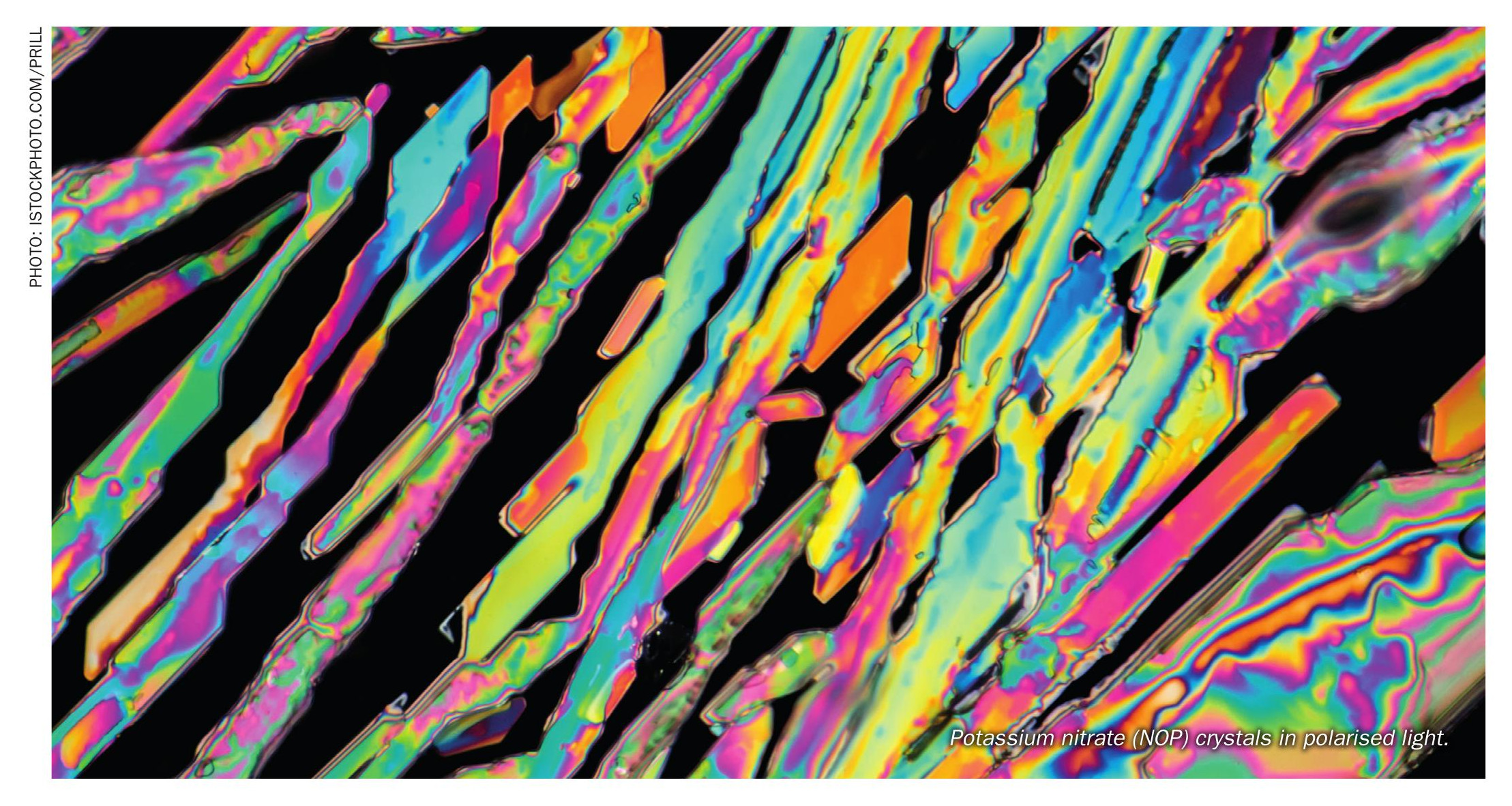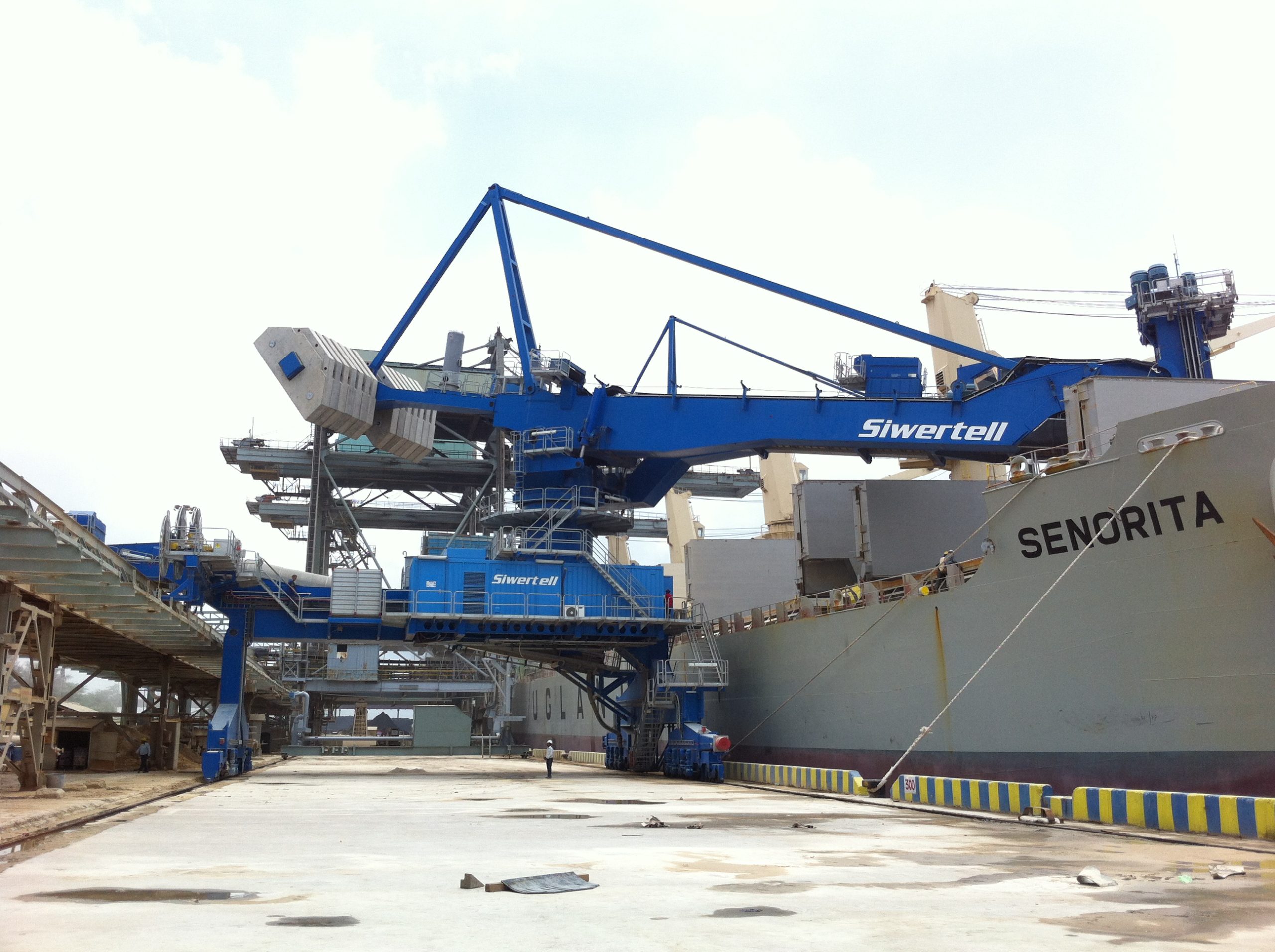Sulphur 419 Jul-Aug 2025

16 July 2025
Topsoe technology chosen for Chinese SAF plants
Topsoe technology chosen for Chinese SAF plants
Topsoe has been selected by Zhongneng Yida New Energy Co., Ltd to deliver technology for production of sustainable aviation fuels (SAF) at a new facility to be located at the city of Shijazhuang in the Shenze Economy Development Zone of Hebei province. Zhongneng Yida plans to export the produced SAF to European and local Chinese markets. Topsoe will provide its HydroFlex® technology and catalysts as part of the agreement. The facility will produce 400,000 t/a of SAF, utilising used cooking oil for the feedstock.
Yin Feng, President of Zhongneng Yida, said: “Shenze’s policy advantages, location advantages and environmental advantages are increasingly prominent. Driven by the global ‘carbon peak, carbon neutral’ background, bioenergy as a strategic fulcrum of national energy layout has become Shenze County’s future development of the leading industry.”
Zhongneng Yida expects to start construction in the third quarter of 2025 with operations to commence in first half year of 2027. It is expected the facility will initially export to the European market, with plans to also target the local market in China.
Topsoe has also been selected by Zhejiang Jianglan Bio-Energy Technology Co. Ltd to deliver technology and services for SAF production. Once fully operational, the plant is set to produce 300,000 t/a of SAF which will initially be exported to European markets. Construction is expected to start in September 2025, with operations expected to commence in December 2026. The project is located in Zhoushan City in the eastern province of Zhejiang, China, and will also use Topsoe’s HydroFlex® technology, licensing, technical expertise and engineering services as well as its proprietary catalysts for SAF production.






